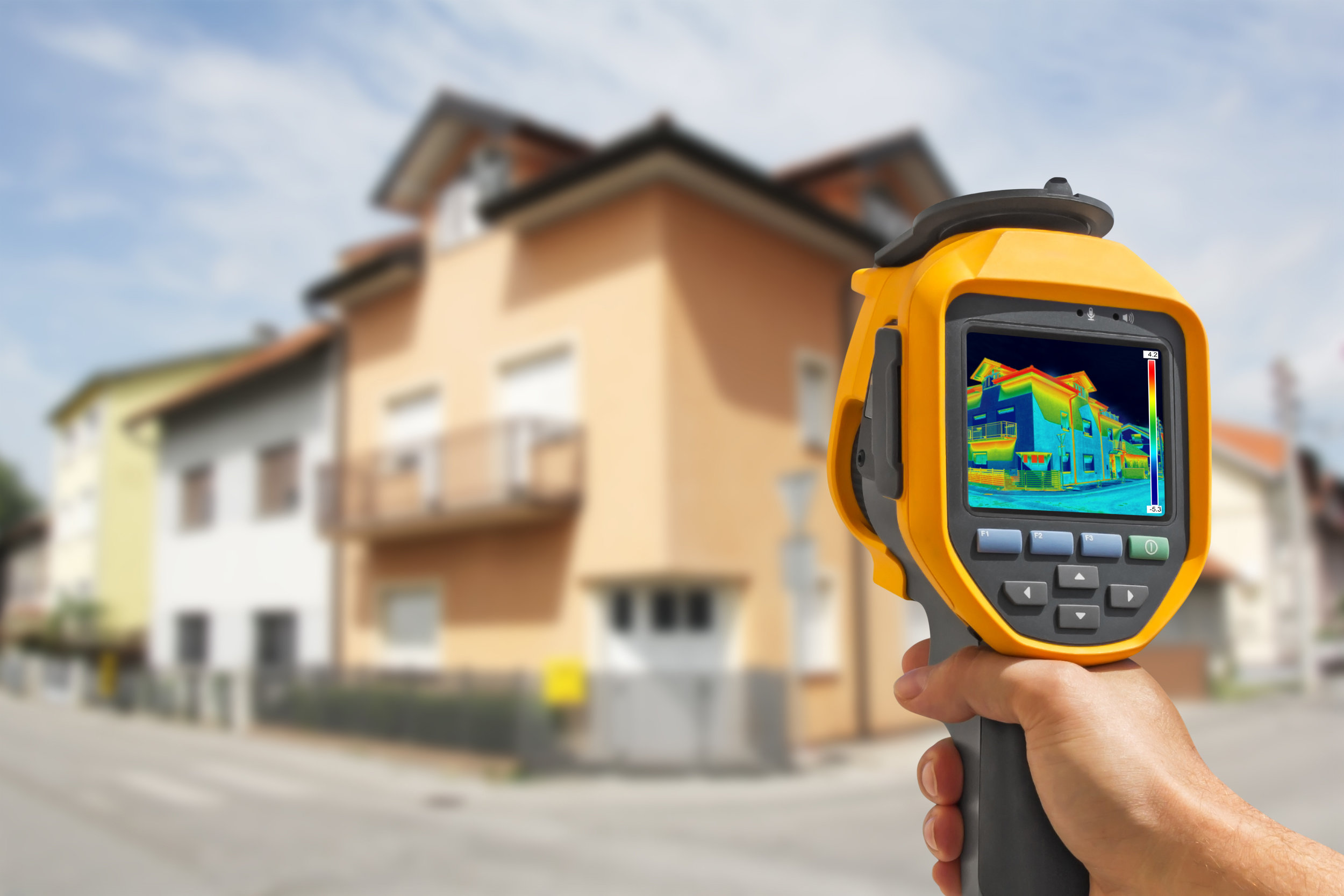Radon is a radioactive gas that occurs naturally when the uranium in rocks and soil breaks down. Radon can be found anywhere, but especially where there are cracks or openings in walls, floors, foundations, etc., allowing it to seep into your home. As you breathe air containing radon particles, they become attached to tiny hairs inside your lungs called cilia which then move them up towards your throat, causing damage over time.
Radons are colorless gases that have little impact on humans when they're at safe amounts but sometimes cause harm if there's too much exposure over time because it emits ionizing radiation particles capable of damaging DNA inside cells, causing them not to be able to repair themselves properly leading toward cancerous tumors later down the road depending on how long you've been exposed without proper detection procedures done beforehand. Hence, plans need to get put into place ahead before any risk factors arise.
The U.S Environmental Protection Agency (EPA) notes that one out of every 15 homes has elevated levels of this deadly toxic, the leading cause of lung cancer among non-smokers in America today, with thousands dying each year from it. Since homeowners are often unaware, they have a problem until its too late, homeowners should consider having their house tested by professionals to ensure any threats can be dealt with before someone gets hurt or loses their life due to negligence on behalf of others who knew better but did not act upon making things right.
Why is Radon Inspection important?
Radon is a radioactive natural gas that can cause lung cancer. It's formed from the decaying of uranium and radium in rocks, soil, water, and other materials found on Earth's surface. Everyone who lives at least part-time inside has been exposed to some amount of it through breathing air or drinking water contaminated with this invisible killer; however, only high concentrations are dangerous for humans by raising the risk for developing diseases such as lung cancer over years-long exposure periods.
The reason why we should care about having our homes inspected: if your home contains elevated levels of radon, you need to take action immediately because every breath exposes someone living here to increased risks associated with contracting respiratory cancers like non-smoking forms. Radon is a colorless and odorless gas that can cause cancer if it builds up to high levels in your home. Radon forms when uranium breaks down, which happens naturally across the country. It's crucial for you as homeowners to test homes because radon has no visible or recognizable warning signs until it's too late, at which point there may be some severe health costs involved, such as lung cancer (Radiation).
Why Schedule Radon Testing?
Radon is a radioactive gas that can cause cancer. It's essential to test your home for radon and take measures to lower levels if necessary because it doesn't have any smell or taste, which makes you unaware of the exposure until symptoms appear. Radon testing should be done when buying/selling homes to determine the safety of living there long-term and during renovations since proper ventilation allows radon escape. In contrast, poor ventilation increases risk by trapping them inside rooms where people frequently spend time sleeping at night, etc.
A radon test is a great way to check the levels of this harmful gas in your home. Allowing high concentrations of it into your house can be dangerous, as well as expensive if you need to fix an issue that arises from excessive exposure.
A radon test is a good idea for those concerned about their health and safety at home. Allowing high amounts of this gas into one's living quarters could lead to severe problems such as lung cancer and severe respiratory issues over time with prolonged exposure.





